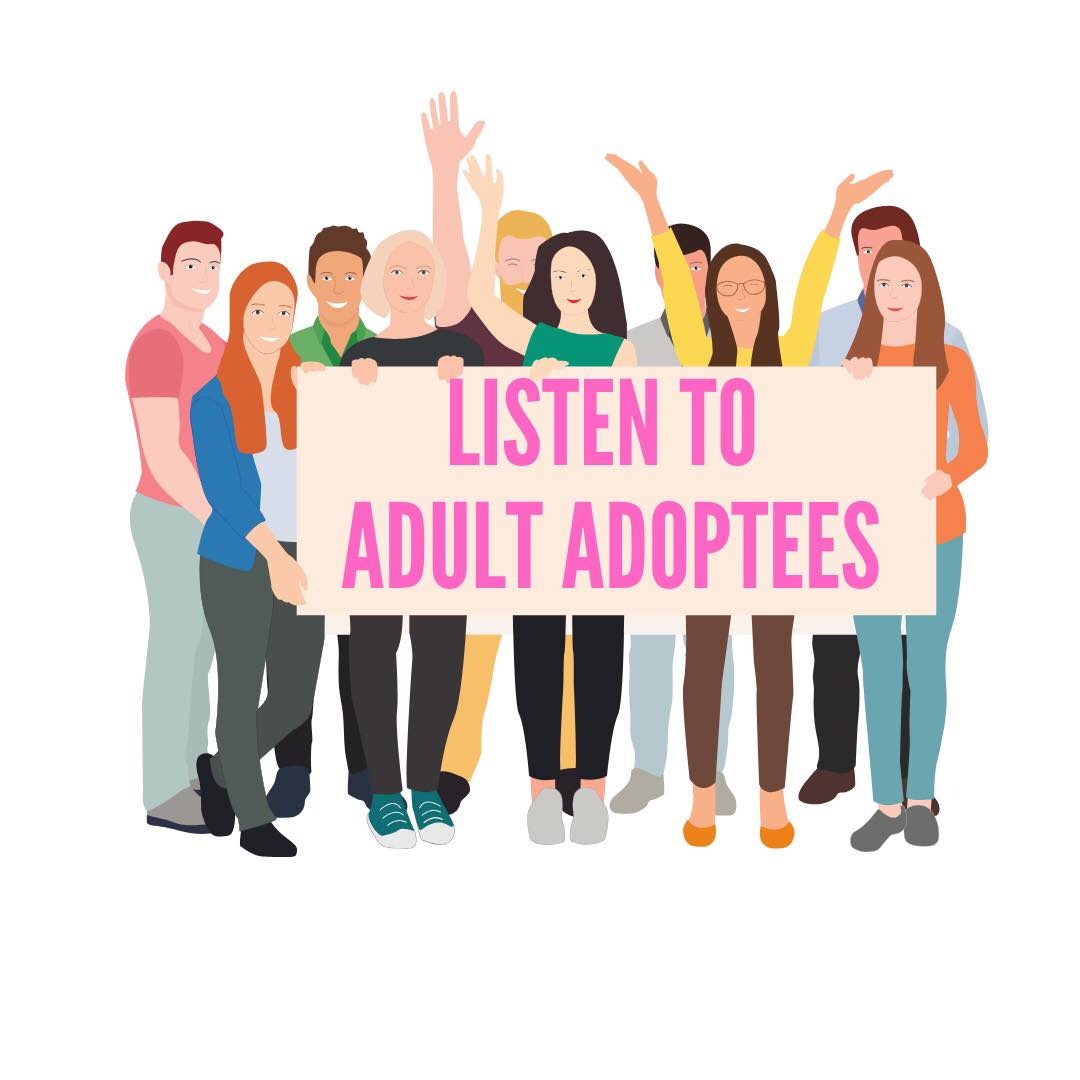Etikett: adopterade
-

Adoptee Activism in America
—
av
i 1993 Hague Convention, Adoptee Activism, Adoptees Educate, Adoption Agencies, Adoption Education for Professionals, adoptionsreform, Födelseland, Complexities in Adoption, Critical Thinking in Adoption, Diversity in Adoption, Is adoption the best option, Lifelong Impacts of Adoption, Politics of Adoption, Rights in Adoption, Transracial Adoption, Trauma in Adoption, USALynelle shares about the importance of including adoptee lived experience at the Adoption Symposium for the US Department of State in 2020.
-
Att hitta kärlek
Denny walked into the library and I greeted him at the circulation desk. Immediately, I felt that he was my soulmate. Later on, I found out he felt the very same thing. He’d visited a few more times, and then disappeared for a few months. In that time, I started learning how to fly by…
-
Vad adopterade förlorar vid internationell adoption
I normally tiptoe around adoption and never say the A word because people just don’t respond well to “adoptee anger“. But during the month of November, I feel it is appropriate to air my feelings on what I have anger about, in intercountry adoption. I hate that our original identities are ignored and get obliterated…
-
Being Alone
I get up in the morning and I try. That’s basically what it’s like every morning as an adult adoptee. Whenever I look back in my mind, my past stretches past a million acres of difficult terrain that’s emotionally challenging and left psychological imprints on me. An adoptive family I never got that close with.…
-
Voices of those impacted the most in Adoption
Paul Bonnell’s essay written to express his journey of intercountry adoption from Vietnam.
-
Would Adoptees Adopt an Orphan?
Would Adoptees Adopt or Not? This is a compilation of responses from those with lived experience.
-
Parenthood Made Me Better
One of the most memorable moments, forever ingrained in my memory, is the birth of my son. I remember the anxious months waiting for my beautiful son, developing inside his mother’s womb – feeling his small frame kicking about and waiting to be born. I remember staring at the ultrasound pictures and wondering who he…
-
Gabby mentorer unga kinesiska adopterade via Art
Gabby Malpas shares her talent by mentoring younger Chinese adoptees through her artwork.
-
Meeting with US DOS & ICAV
Adult intercountry adoptees meet with the US Central Authority to discuss their needs re Citizenship.
-
Search & Reunion Research in Intercountry Adoption
Pauline Senchyna’s research on Search & Reunion for Ireland’s aging intercountry adoptees.
-
Search and Reunion for Intercountry Adoptees
Search and Reunion in intercountry adoption: a compliation of over 40 intercountry adoptees with lived experience.
-
When will Intercountry Adoptee Services be provided by Federal Government?
Lynelle critically examines who and how well the millions of money is being spent by the Australian government in intercountry adoption.
-
Abandoned Adopted Here: Review
ICAV review of Abandoned, Adopted Here: a multimedia documentary by Lucy Sheen about the Hong Kong intercountry adoptees sent to England.
-
ICAV-möte med förbundsminister
Lynelle met with Federal Minister Christian Porter, responsible at the time for the adoption portfolio in Australia.
-
Hur reser adopterade över tiden?
Filippino adoptee Richard shares about relocating to his homeland to live.
-
Online Panel: InterCountry Adoptee Experiences
Online series of panel discussions with intercountry adoptees on various topics.